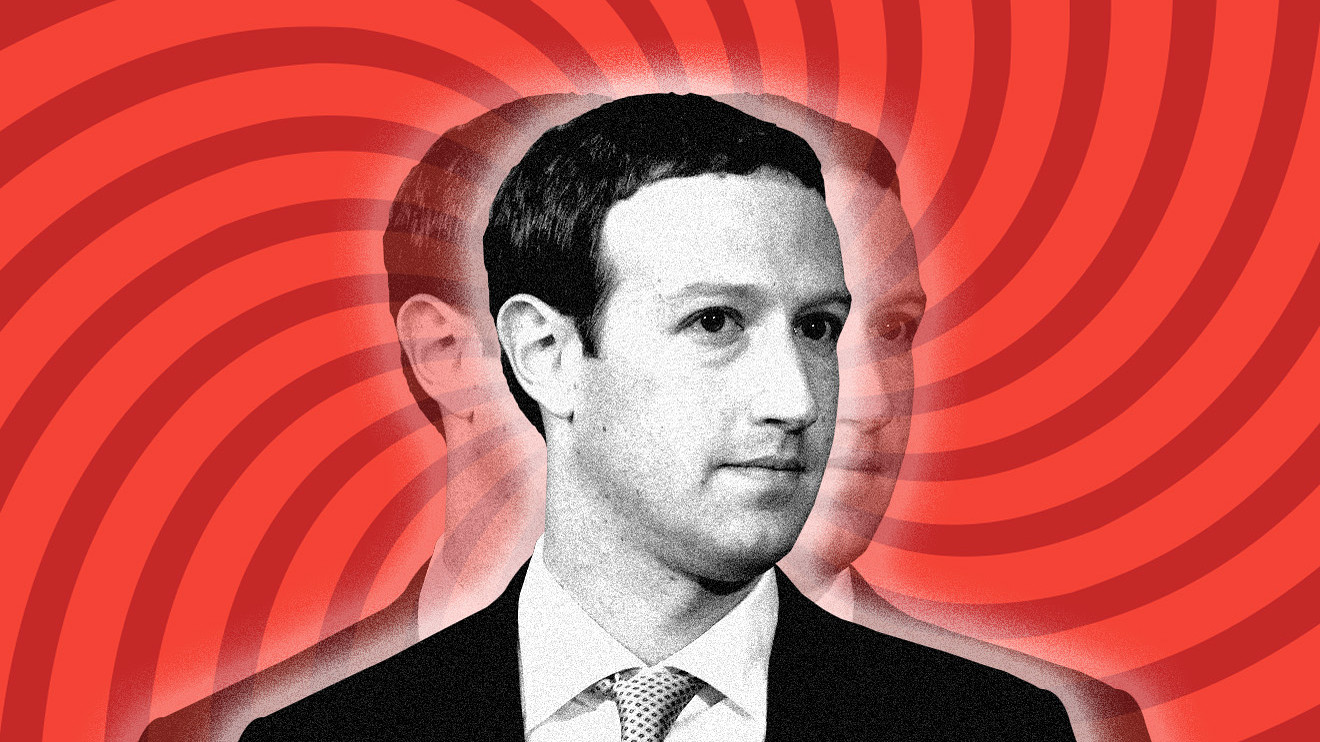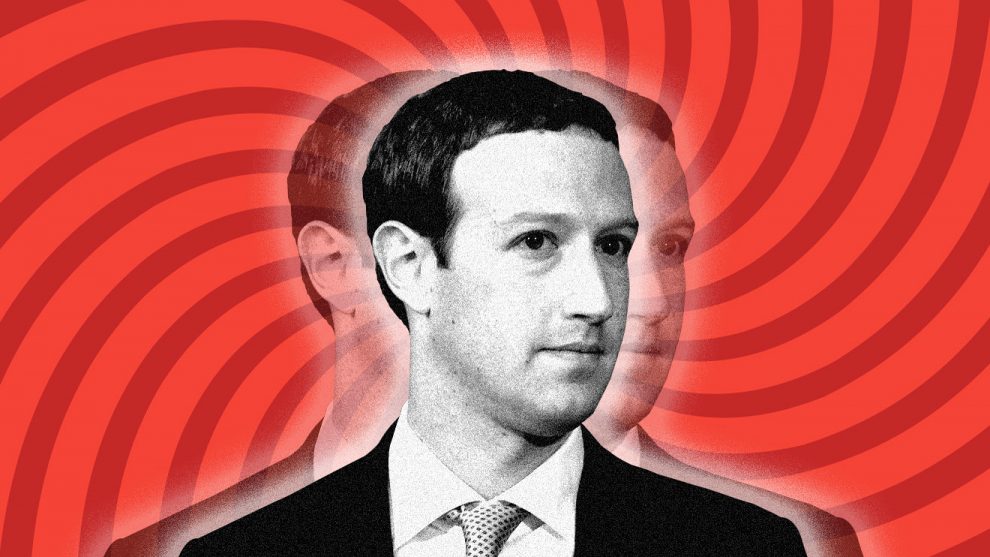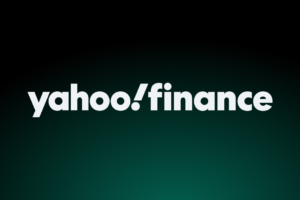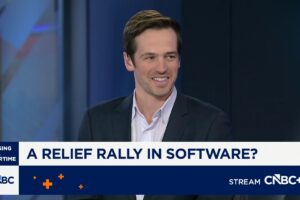
Is there a tipping point with Facebook?
Late Wednesday, Facebook reported first-quarter earnings that were better than most analysts’ expectations, but the company also said it took a $3 billion charge that it “reasonably estimated” it will have to pay the Federal Trade Commission for violating a consent decree on user privacy. Despite its recent privacy controversies, Facebook reported an increase in active users of 55 million on the previous quarter, bringing the grand total to 2.37 billion. Facebook shares were up 8% in early trading on Thursday.
Not everyone is so beguiled by their friends’ status updates and vacation photos. In an interview posted this month on Yahoo News’ Skullduggery podcast, Alexandria Ocasio-Cortez, the New York Democratic Congresswoman, said she’s given up posting on her Facebook FB, +6.07% account and said she is also cutting back on her use of Twitter TWTR, -1.88% and Instagram, where she has 3.94 million followers and 3.2 million followers, respectively. Her official Facebook page has more than 738,300 followers.
‘I think it has effects on everybody. Increased isolation, depression, anxiety, addiction, escapism.’
“I think it has effects on everybody. Increased isolation, depression, anxiety, addiction, escapism,” she told Yahoo. “I personally gave up Facebook, which was kind of a big deal because I started my campaign on Facebook. And Facebook was my primary digital organizing tool for a very long time. I gave up on it.”
Over-dependence on social networks as a social outlet can also lead to what some doctors call “Facebook Depression,” according to a 2010 report, “The Impact of Social Media on Children, Adolescents and Family,” by the American Academy of Pediatrics. Another report released in 2017 found that the more you use Facebook, the less satisfied you feel about life.
Don’t miss: What Zuckerberg didn’t say: You risk more than your data on Facebook
Excessive browsing can also be a problem. A 2015 study in the journal Cyberpsychology, Behavior and Social Networking suggested young people who are heavy users of social media — spending more than two hours a day — are more likely to report poor mental health and psychological distress, symptoms of which include anxiety and depression.
Over-dependence on social networks as a social outlet can also lead to what some doctors call ‘Facebook Depression.’
A separate study released in January 2019 looked at 504 millennials who actively use Facebook, Twitter, Instagram, and/or Snapchat SNAP, -4.75% who met the criteria for a major depressive disorder scored higher on the “Social Media Addiction” scale. These individuals were more likely to compare themselves to others better off than they were. The findings are published in the latest edition of the peer-reviewed Journal of Applied Biobehavioral Research.
In April 2018, Facebook said that 2 billion users likely have had their public profile information scraped by outsiders without their explicit permission. It also said that information from the profiles of up to 87 million people had their data “improperly shared” by Cambridge Analytica, a U.K.-based political consulting firm that closed operations in May 2018. Facebook refrained from calling it a data breach and, instead, said Cambridge Analytica abused Facebook’s terms of service.
#DeleteFacebook has been a regular topic of conversation on social media since the news of the data scandal first broke. But will this be enough to persuade users to delete their accounts? Or even deactivate them?
1. A virtual army — your Facebook friends — will come after you
If you deactivate your account, or even just stop posting updates for a couple of weeks, Facebook has a virtual army — your Facebook friends — who will text, email and even find you on Twitter TWTR, -1.88% asking what’s wrong and imploring you to come back. They may feel like you’ve abandoned them. Facebook is also “sticky.” With over 2.3 billion active monthly users worldwide, it would take a tectonic shift for people to delete their photos and walk away.
The biggest social network on the planet is stickier than most checking accounts or cable companies, psychologists say.
The biggest social network on the planet is stickier than most checking accounts or cable companies, psychologists say. Try to give up Facebook, and at least some people are likely to think you have an axe to grind with the world or them personally, are going through a divorce or have slipped into a deep depression. What kind of a person doesn’t have a Facebook account?
“I think it is a bridge too far to say it is a cult like atmosphere,” said Sherry Turkle, a professor in the Program in Science, Technology and Society at the Massachusetts Institute of Technology. “It is a place where we have become accustomed to sharing our lives, to checking in with friends, to seeing that we are wanted, a part of things, part of a group, thought of.” It is, she said, a community.
2. Deleting your account is like breaking up with all of your friends
“When you step away, you’re breaking up with everyone in your network,” he said. “Breakups don’t normally end on a good note. It’s rarely that both parties agree pleasantly that things aren’t working. People notice the absence and they want an explanation. They might be prone to wonder if you’re OK or if they’re OK. Is it something about you or is it something about me?”
Facebook is that bar from ‘Cheers’ where everyone knows your name. Why would you move to LinkedIn or WhatsApp?
Sure, people use Facebook to network and log into their Tinder IAC, +0.07% account. Those left behind often take it personally, and may even have formed a co-dependent relationship with their Facebook friends, said Simon Rego, chief psychologist and Montefiore Medical Center in New York. People either send messages asking, “What’s wrong?” or, even worse, “What have I done?”
Facebook is that bar from “Cheers” or a virtual town where everyone knows your name. Why would you go somewhere else or move to LinkedIn or WhatsApp? “The primary motivation to be on Facebook is to reap the benefits of huge amounts of positive affirmation,” said Fran Walfish, a psychotherapist and author in Beverly Hills. The opposite of that, she said, is rejection.
“Folks reach out to inquire where you are, what’s wrong, whether you’re depressed, or if you’ve done something to them,” she said. “These cult-like members can be compared to kids who, when they don’t feel satisfied with a tablespoon of mom’s good attention, misbehave negatively in order to sustain mom’s attention. In other words, any attention is better than none, even if it’s negative.”
3. Temporary deactivation is just easier than deleting your account
Many people temporarily deactivate their profile — so their data remains online — rather than delete it, Walfish said. Aside from the time associated with downloading and storing photographs, deactivation seems less harsh. “Deactivating also attracts a lot of attention, albeit negative,” she said. And for those who want to make a public statement, that attention is not exactly unwelcome.
Aside from the time associated with downloading and storing photographs, deactivation seems less harsh.
Around one-third of Facebook users take breaks from their accounts, according to interviews of 410 current and former Facebook users carried out by researchers at Cornell University. Deactivation merely hides the account from Facebook friends, but the site retains all the data. (Facebook was not immediately available for comment.)
Also see: Facebook blocks, then allows ‘Daily News’ column about Cynthia Nixon
Facebook quitters are more likely to be men (71%), concerned about privacy and older (with an average age of 31 for quitters), according to a survey of 321 Facebook users and 310 Facebook quitters carried out by the University of Vienna and published in the journal “Cyberpsychology, Behavior and Social Networking.”
4. Privacy violations feel less real than, say, an outbreak of E.coli
The recent revelations of privacy violations hit Facebook’s stock, but for consumers they are less tangible than, say, an E.coli outbreak in Chipotle CMG, -4.42% and the consequences may be harder to grasp. Privacy violations on Facebook or Equifax EFX, -0.62% don’t appear to create the same fear as E.coli. The latter can obviously kill you, but the former is a concept that’s more difficult to understand.
Missing a party on a Friday night pre-Facebook pales in comparison to the hubbub on social media every single day.
Rego said people have a fear of missing out on stuff that happens on Facebook. “Facebook has 2.3 billion monthly active users. Imagine that as a potential big party going on,” he said. FOMO for teenagers before Facebook was created in 2004 was bad enough, but missing a party on a Friday night pales in comparison to the constant hubbub on social media every single day.
Read also: Take this seat on an airplane to reduce your chances of getting sick
In the 1950s, the American social psychologist Leon Festinger developed the “social comparison theory,” which argues that we all have this innate drive to evaluate ourselves. “We feel good if we compare ourselves to people who may be perceived worse off than ourselves. It’s a way to indirectly feel better about life. Facebook gives you that.” The opposite, however, is also true.
5. Deleting Facebook for noble reasons leaves more questions unanswered
But some people desert Facebook for nobler reasons. Last year, actors Tea Leoni and Jim Carrey said they would delete their Facebook accounts after the allegations that an app linked to data firm Cambridge Analytica mined information from tens of millions of members. Carrey wrote: “Who are you sharing your life with? #regulatefacebook.” Leoni cited “unauthorized sharing” of information.
‘It is a place where we have become accustomed to sharing our lives, to checking in with friends.’
The scandal forced Facebook chief executive Mark Zuckerberg into a mea culpa last year on CNN US:TWX where he apologized. “This was a major breach of trust and I’m really sorry this happened,” he said. Zuckerberg said the company will review thousands of apps and create a tool for people to find out if details about their lives was shared by an app without their knowledge.
But that is easier said than done. If you delete Facebook should you also delete Instagram, which is owned by Facebook? What about LinkedIn? You may want a new job someday, but do you want old high-school friends and frenemies snooping on your LinkedIn profile?
What about Twitter? Do you delete that too in protest because of what some critics regard as its inconsistent approach to bullying and hate speech on the platform? What about Google GOOG, +0.32% and privacy issues over who has access to your Gmail account? Will the next big social network be any better?
Also see: Lonely people share too much on Facebook
Some people remain optimistic about finding a solution where people can communicate on social media without compromising their privacy. People are now reliant on Facebook, Turkle said. “So before we just delete, we might want to see if as activist consumers and citizens, we can think about fixing social media.”
Facebook’s stock was up 39% year-to-date, while Twitter was up 36% year to date, compared to a rise of 16.8% in the S&P 500 SPX, +0.10% over the same period and an increase of 14% in the Dow Jones industrial Average DJIA, -0.37%
(This story was updated on April 25, 2019.)
Get a daily roundup of the top reads in personal finance delivered to your inbox. Subscribe to MarketWatch’s free Personal Finance Daily newsletter. Sign up here.





